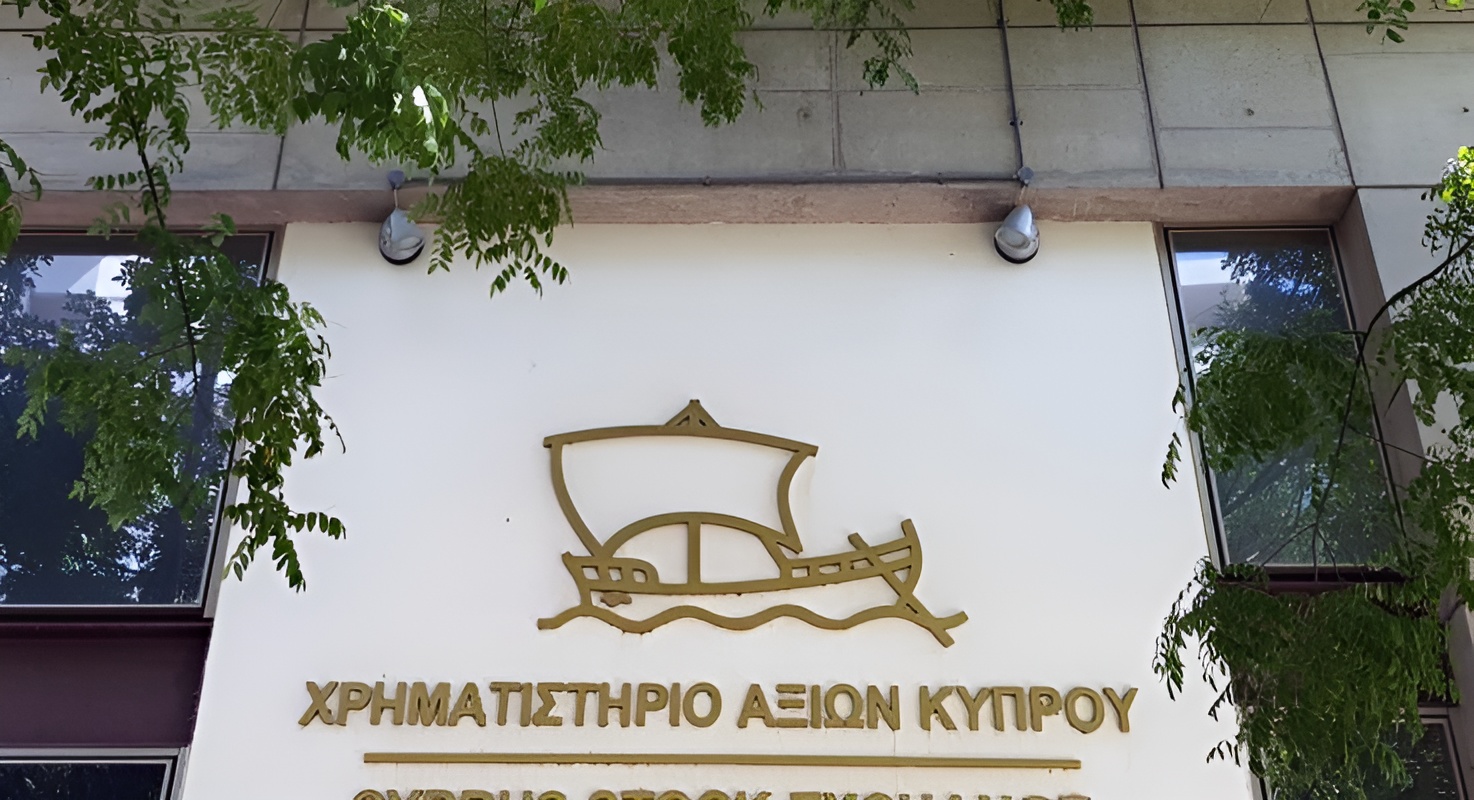The Finance Ministry during the summer launched a public consultation on a proposed bill aimed at privatising the Cyprus Stock Exchange (CSE), which has since drawn mixed reactions from industry leaders.
The Finance Ministry first circulated a set of draft laws and regulations to ensure the smooth functioning of the CSE after the repeal of the existing law governing securities and the exchange.
The bill includes the “Law on the Admission of Securities to a Regulated Market 2025,” which aligns Cyprus with EU rules on listing, and prepares for the implementation of the EU Listing Act Package in June 2026.
Other draft laws focus on central securities depositories, the abolition of existing CSE laws, and the creation of a special purpose company to take over CSE assets and liabilities on a date to be set by the Council of Ministers.
Nikos Porfyris, Chief Operating Officer at Athens Exchange Group, provided detailed comments during the consultation.
He said the central securities depository should obtain full licensing before the sale and before the new CSE starts operating.
Porfyris added that the same licensing rules should apply to the registry of funds operating or wishing to operate in Cyprus.
The COO further said provisions should address the handling of positions in special accounts before the new CSE begins operations, especially given stricter anti-money laundering requirements under EU regulation 2024/1624.
He suggested including rules for registering and recognising financial instruments on distributed ledger technology in line with EU regulation 2022/858.
Regarding the admission of securities to regulated markets, Porfyris said stricter deadlines for publishing financial statements of listed companies should be introduced to improve transparency.
Moreover, he stated procedures for the initial allocation of government bonds should be automated to facilitate wider investor participation.
Porfyris explained that all green bonds and corporate bonds should be listed and traded on markets managed by the market operator.
What is more, he said the definition of a commodities market should include emission rights.
Porfyris emphasised that regulations providing long-term incentives for private and public companies to raise funds through the CSE are critical for attracting strategic investors.
In addition, Porfyris said that Cyprus should use the potential of its capital market to support economic growth and create a stable, attractive, and competitive investment environment.
He added that targeted tax and institutional incentives, together with strong supervision and transparency, could make the CSE a key tool for financing innovation, infrastructure, and jobs.
Meanwhile, Athos Chandriotis, CEO of Demetra, also responded to the consultation, focusing on the draft law on central securities depositories.
He said that Article 16 introduces a fast-track process for transferring digital securities to heirs when the estate is below €2,000 and no administrator is appointed within 12 months.
He added that proof of inheritance could include a community leader’s certificate or foreign documents, but the law requires written consent from all beneficiaries and a 15-day publication in a daily newspaper if heirs cannot be found.
Chandriotis warned that this creates risks for listed companies, including easy document forgery, disputes over shareholder votes near record dates, and potential legal claims if the registry’s actions affect dividends or corporate decisions.
Moreover, he mentioned that there is also a risk of inconsistent identification of foreign heirs due to document authentication issues.
He recommended replacing community certificates with official registry certificates, using apostilles for foreign documents, and requiring verified signatures and dates on all declarations.
Chandriotis suggested lowering the €2,000 threshold to €500 and timing the limit from the moment of transfer, not the death of the shareholder.
He said transfers should be blocked 20 days before record dates, and that notifications should also go to the issuer, CySEC, and the Official Gazette of the Republic of Cyprus.
The Demetre CEO also said that cross-border documents must be properly legalised and translated, and that algorithms for name matching and secondary identifiers should be required.
Regarding Article 20 on penalties, Chandriotis said the law should clearly apply only to the depository and its personnel, not to listed companies, to avoid regulatory risk.
He said the privatisation of the CSE must not expose issuers to new risks and should improve the framework for capital raising and liquidity provision.
Chandriotis concluded that the central securities depository is vital to the smooth operation of Cyprus’ capital market and should continue supporting both primary fundraising and secondary market activity.






Click here to change your cookie preferences